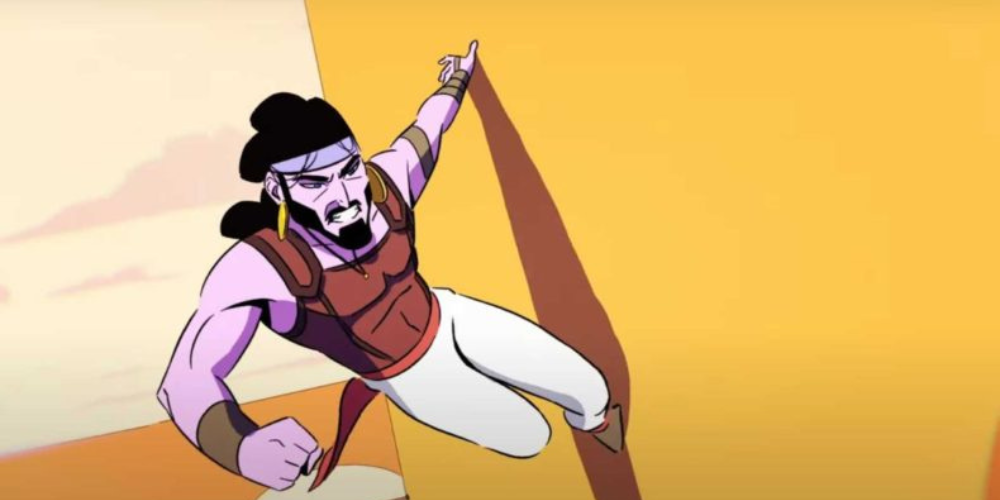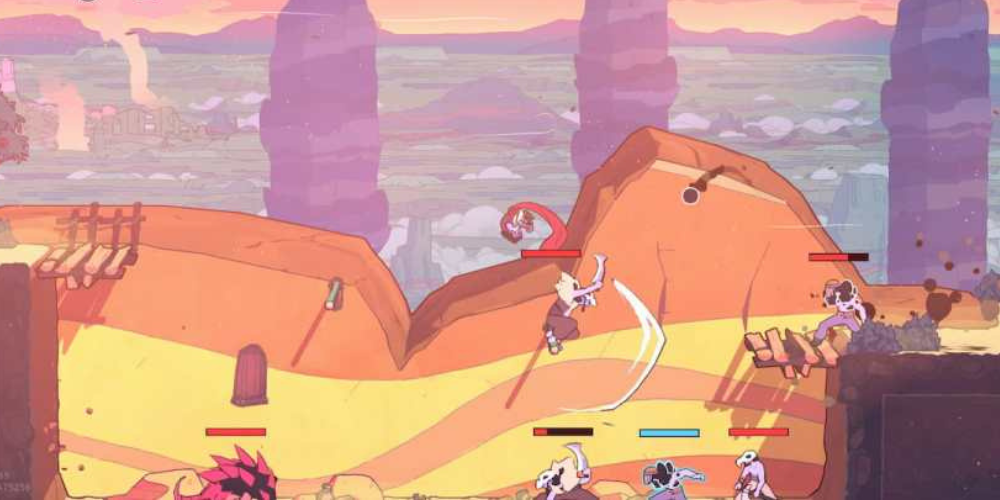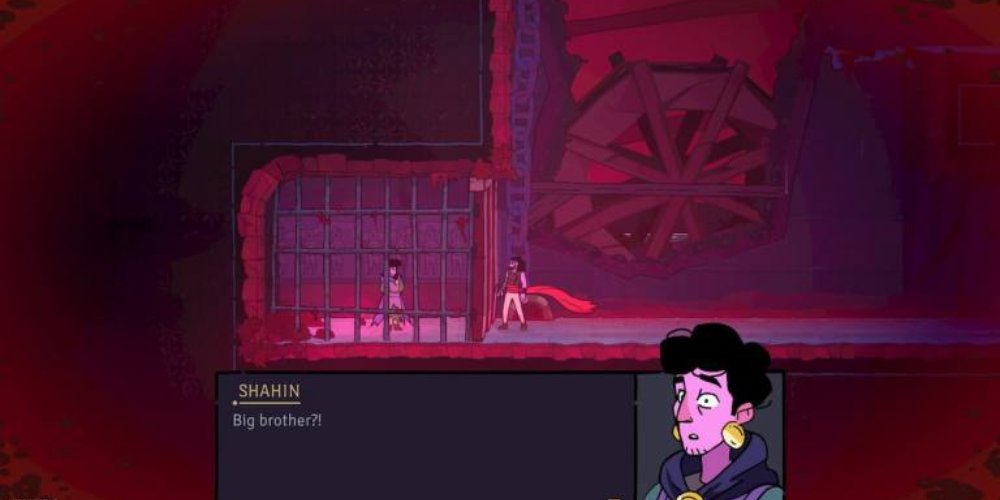Traversing Time and Convention: The Quest for Innovation in The Rogue Prince of Persia
- May 30, 2024
- 0

A Debilitating Foray into the Familiar: The Curious Case of The Rogue Prince of Persia In the gaming realm, where innovation can often define the thin line between obscurity and fame, comes The Rogue Prince of Persia through Steam Early Access, brought to life by Ubisoft and crafted by the capable hands at Evil Empire, a team previously lauded for their work on Dead Cells. At its core, the game represents a captivating blend of historical prowess and the enduring allure of roguelite mechanics, set against the backdrop of a series that has, in its heyday, masterfully played with the concept of time itself.
However, as the dust settles on the initial excitement, it becomes evident that the marriage of the Prince of Persia's legacy with roguelite elements, while logical, perhaps leans too heavily on its combat mechanism to salvage what emerges as a tapestry woven with threads of familiarity rather than innovation.
Warrior Without
The narrative groundwork of The Rogue Prince of Persia is as sparse as the deserts surrounding its titular character's homeland. Amidst an invasion by the Huns, endowed with formidable magic, our Prince finds himself armed with but a Bola, a mystical instrument allowing the manipulation of time itself. This intriguing premise, however, quickly loses its sheen as players realize the story's skeletal frame offers little beyond the introductory act. The characters encountered along the journey radiate a lackluster aura, simmering in a pot of untapped potential and generic archetypes, thus miscarrying the opportunity to complement the game's visually striking art style with equally compelling lore.

The assassin formerly known as Prince
From a gameplay perspective, The Rogue Prince of Persia seeks refuge in the shadows of its predecessor, Dead Cells, rarely stepping out to bask in its own glory. Despite the commendable fluidity of combat and movement, including elegant parkour maneuvers and an arsenal aiming to marry melee and ranged combat, there's an unmistakable air of déjà vu that clings to each encounter. Even the ability to chart one's path through divergent biomes, a staple in adding dimensions to such games, feels underwhelmingly executed, blurring into a homogeneous mix of forgettable skirmishes.
Let's do the Time Warp again - and again and again
Despite these critiques, it's important to acknowledge the game's adeptness at delivering a fundamentally sound roguelite experience. The Rogue Prince of Persia doesn't falter in keeping players engaged through its combat dynamics, albeit for a fleeting duration before the allure begins to wane. The comparison to its immediate predecessor in the franchise or even to Dead Cells erects a formidable challenge, one that isn't quite surmounted by novelty in this installment.
The consequence is a game that, while entertaining, quickly finds itself ensnared in the trap of repetition and predictability. As The Rogue Prince of Persia navigates through the treacherous waters of Early Access, it rests on a precipice, teetering between the realms of potential greatness and mediocrity. The crux of its journey forward hinges on whether it can muster the courage to leap beyond the confines of established norms and embrace the unpredictable whirlwind of true innovation.

In its current guise, it serves as a mirror reflecting the roguelite genre's inherent challenge: to continually reinvent the wheel or risk being overshadowed by the luminous achievements of one's predecessors. Only time, it seems, will tell if The Rogue Prince of Persia can break free from the chains of conventionality and ascend to the annals of gaming folklore.